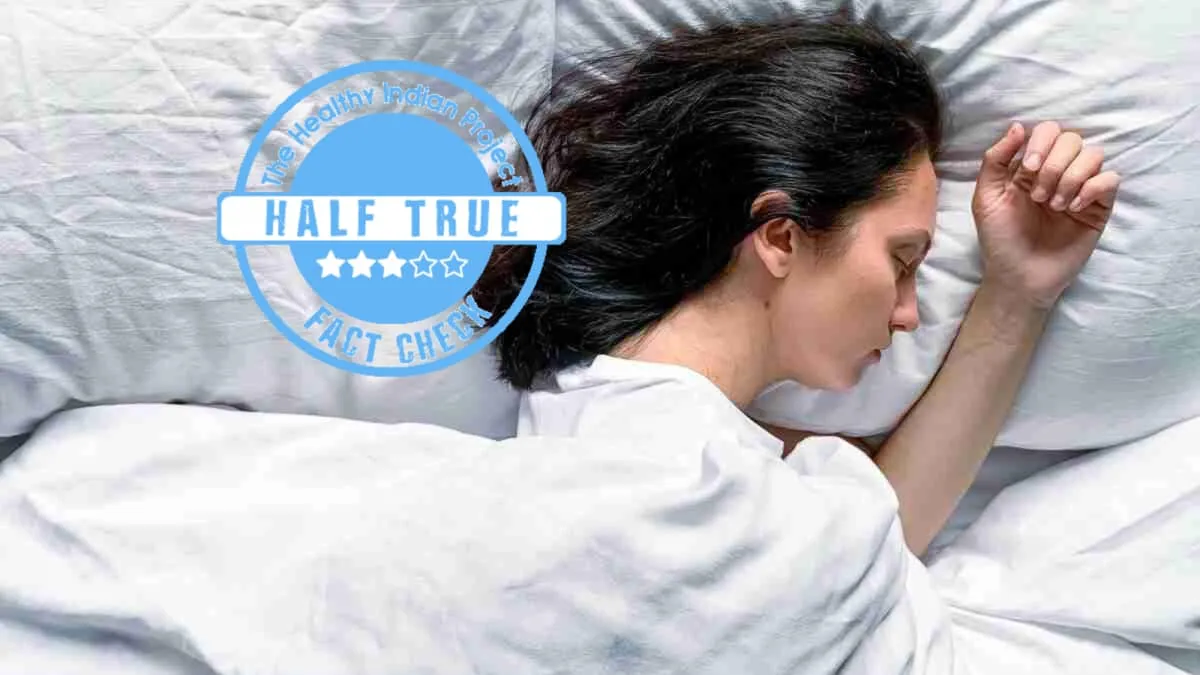International Women's Day 2025: Exploring the Connection Between Sleep and Women’s Health

Understanding the Importance of Sleep for Women's Health
International Women's Day reminds us of the importance of women's health, especially regarding the connection between sleep and women’s health. Sleep serves as a foundation for physical, emotional, and mental well-being.
How Sleep Affects Women
Women experience unique challenges throughout their lives that can impact sleep quality. Factors such as hormonal fluctuations, pregnancy, and menopause can affect sleep patterns. Sleep deprivation among women leads to various health issues, making quality sleep even more essential.
- Hormonal changes during the menstrual cycle can lead to sleep disturbances.
- Pregnancy brings discomfort and frequent awakenings at night.
- Menopause often increases insomnia due to hot flashes.
Consequences of Sleep Deprivation on Women's Health
Insufficient sleep can have immediate and long-term effects on women's health:
- Increased fatigue and decreased productivity.
- Heightened irritability and anxiety levels.
- Weakened immune function, raising illness risks.
- Hormonal disruption linked with reproductive health issues.
Strategies to Improve Sleep Quality
Women can adopt several strategies to enhance sleep quality and promote better health:
- Establish a regular sleep routine by going to bed and waking up at the same time.
- Create a dark, quiet environment to promote restful sleep.
- Limit screen time before bed to improve melatonin production.
- Incorporate stress-reducing activities like yoga or meditation.
When sleep problems persist, it is important for women to consult healthcare providers, as conditions like insomnia and sleep apnea can have severe health implications. Prioritizing sleep is a fundamental aspect of women’s health that affects their overall quality of life.
Disclaimer: The information provided on this site is for informational purposes only and is not intended as medical advice. We are not responsible for any actions taken based on the content of this site. Always consult a qualified healthcare provider for medical advice, diagnosis, and treatment. We source our news from reputable sources and provide links to the original articles. We do not endorse or assume responsibility for the accuracy of the information contained in external sources.
This article was prepared using information from open sources in accordance with the principles of Ethical Policy. The editorial team is not responsible for absolute accuracy, as it relies on data from the sources referenced.